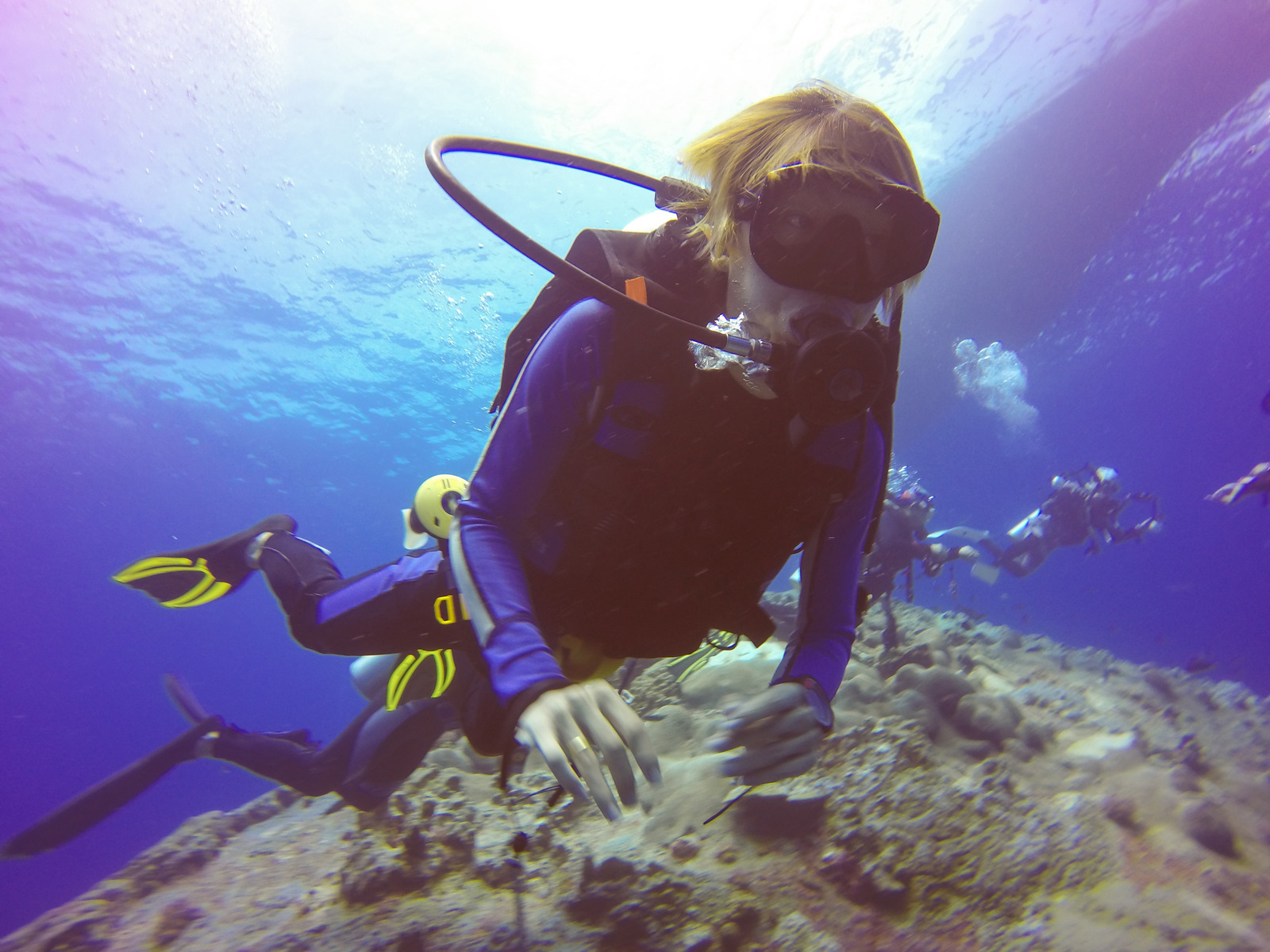Under Pressure: 3 Important Rules When Deep-Sea Diving
For those of us lucky enough to experience deep sea diving — we’re aware of how amazing the experience is. Considering we know more about the surface of the moon, Venus, and Mars than we do our own oceans, it’s one of the most fascinating yet intimidating places on Earth. If you’re interested in deep sea diving or are pursuing a career as a saturation diver, then don’t forget the precautions you must take to keep yourself safe.
We know that diving is an incredibly fun and fascinating experience, but the dangers aren’t always ones you can see. Those who plunge the Earth’s perilous waters must respect the rules put in place to save lives besides making sure your diving equipment and piston seals are airtight. Here, we’ll discuss the top rules to safely deep-sea dive, including knowing your limits, practising safe ascents, and looking after your teeth.
1. Looking after your body
One of the most important things to remember is that you can be injured if your body doesn’t have time to adjust to the fluctuating pressure of your surroundings, whether this is in water or the air before and after a dive. Slowly ascending is as important as breathing constantly — if you ascend too early, the nitrogen in your body from the deep sea won’t have time to exit the body through the lungs and will expand at such a rate that would subsequently lead to a range of dangerous problems.
There’s a serious condition called barotrauma, when the tissues near places in your body with pockets of air will be damaged, such as sinuses, dental roots, lungs, and ears, and can cause lots of pain or rupture your ear drums or lungs, making it incredibly hard to breathe. As you ascend, water pressure decreases and vice versa — when ascending, follow the bubbles you breathe out. Don’t ascend faster than your bubbles or things will get sticky.
Secondly, decompression sickness can occur from premature ascension, where the pressure can result in nitrogen forming bubbles in your body, causing nerve and tissue damage that could end up being fatal or causing paralysis.
Be aware of nitrogen narcosis, which is when too much nitrogen builds up in the brain and causes you to feel delirious and make bad decisions as if you’ve drank alcohol. For example, you could end up removing your regulator because you think you can breathe underwater or end up being unable to read your gauges and instruments.
Experts recommend to that in order to ascend safely, maintain a steady rate no quicker than 30 feet per minute.
2. Don’t push yourself
Not to be a fun sponge, but what seems like an obvious rule may be forgotten when caught up in the moment of adventure. The most important thing to remember is that diving should be fun, not competitive. Dive within your limits. If you think that you might feel uncomfortable or if the conditions don’t seem safe, don’t be scared to cancel or rearrange at a different site or day. Never attempt something that you know you’re not mentally or physically prepared for because this puts you at risk before you’ve even started.
Similarly, if you’re planning on pursuing a saturation diver career, assess your claustrophobia limits. You’ll be kept in an underwater compression chamber for roughly a month, where you won’t be heading back up to the surface until your time is up. Don’t overestimate your abilities because you could end up in a really uncomfortable situation!
3. Visit your dentist
Are you cringing at the thought of your teeth being involved in danger? It sounds like a terrifying prospect for all of us, but yes, it’s possible for fillings and crowns to blow out of your gum. Saturation diver David Beckett commented: “After a couple of hours of being in the chamber, one of my fillings blew off. Thankfully for me, when it blew off there was no pain, just a hole left where the filling used to sit.
“Others aren’t so lucky. I’ve seen one guy have a crown blow off, taking part of the tooth and gum with it. Painful stuff to have to endure for the next three days.”
Yeah, sharks are scary, but what about your teeth blowing out? A survey of recreational divers found that 41 per cent of divers reported intense toothache, caused by fluctuations in water pressure build in air pockets at the roots of teeth. This is often made worse by divers who are inexperienced and clench their teeth or if they have underlying dental conditions, cavities, fractures, or poor fillings.
Visit your dentist for a check up to make sure your teeth will be safe under pressure.
Stay safe while deep sea diving by following this guide. Although you’ll have an unforgettable experience, remain aware!
Sources
https://myhealth.alberta.ca/Health/pages/conditions.aspx?hwid=abo0894
https://scubadiverlife.com/ten-rules-safe-scuba-diving/
https://www.livescience.com/57362-scuba-diving-linked-to-toothaches.html

